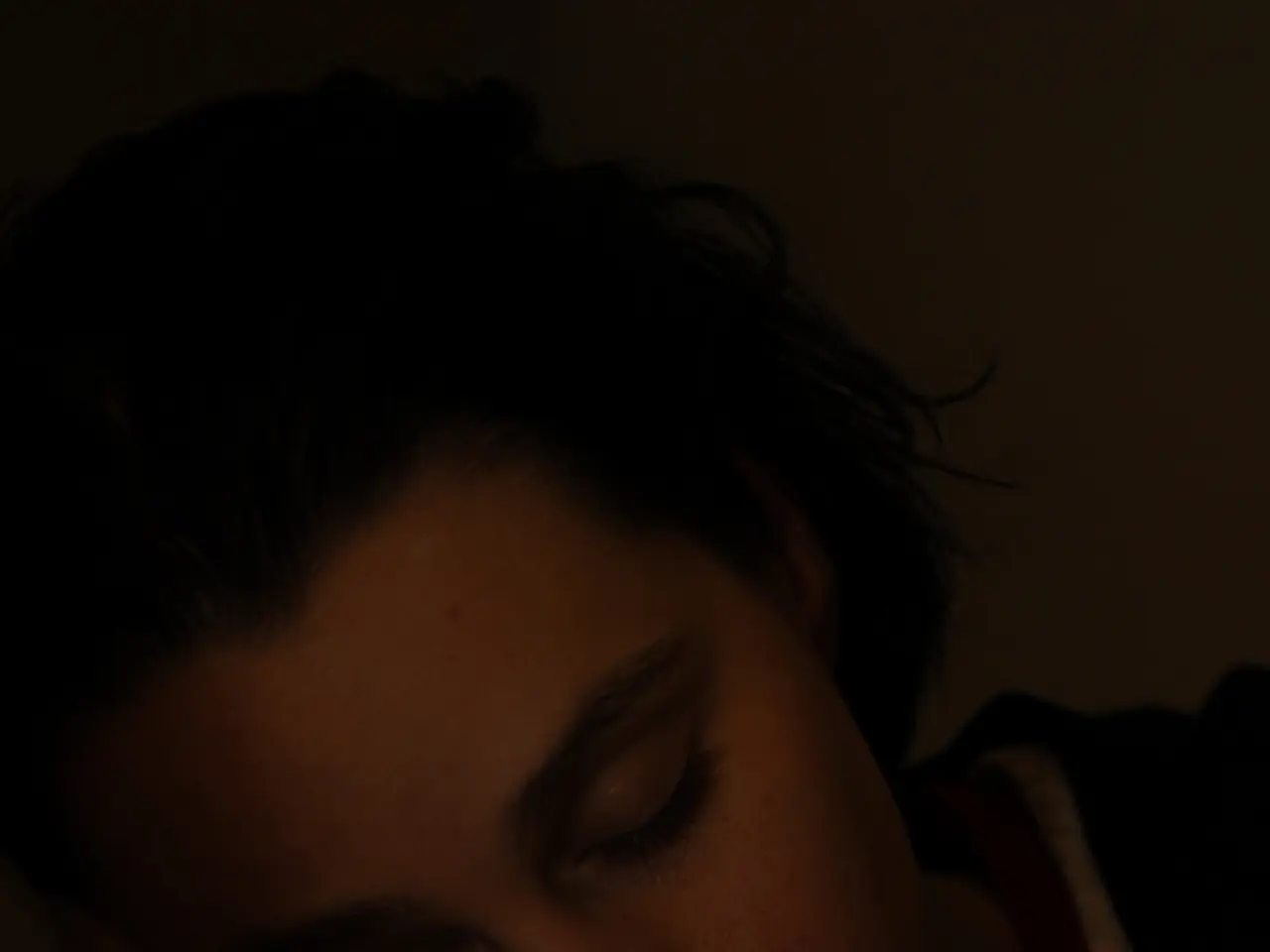Experiencing Night Time Anxiety?
Anxiety can be a persistent struggle for many, and it often intensifies at night due to various factors. Understanding why this happens and adopting effective strategies can help improve sleep quality.
## Why Anxiety Worsens at Night
The absence of distractions during the night allows anxious thoughts to dominate, making it difficult to relax [3]. Prolonged stress can lead to a heightened state of arousal, making it hard to fall asleep. Nighttime provides ample opportunity to ruminate on worries from the day, exacerbating anxiety levels [1][2].
Fear of sleeplessness can itself cause anxiety, creating a cycle of increased anxiety and sleeplessness [3]. Panic attacks are also common in people with anxiety disorders, significantly increasing nighttime anxiety [1].
## Managing Anxiety for Better Sleep
Relaxation techniques such as deep breathing, meditation, and yoga can help calm the mind and body before sleep, potentially reducing nighttime anxiety [2]. Creating an environment conducive to sleep by ensuring the bedroom is dark, fresh, and silent can further aid in alleviating nighttime anxiety [2].
Establishing a regular sleep routine, including lying down and waking up at the same time, can help regulate the biological clock and improve the quality of rest [4]. Regular lifestyle habits, such as engaging in moderate exercise during the day, can also reduce stress [2].
Avoiding stimulating substances like caffeine, nicotine, or heavy meals before sleep can help reduce anxiety levels at night. Exposure to screens before bedtime can interfere with melatonin production and disrupt sleep patterns, so it's best to limit their use [2][3].
## Seeking Professional Help
If anxiety persists and significantly impacts daily life, seeking psychological help can be the best option. The National Institute of Mental Health offers resources on coping with anxiety, and the Mayo Clinic provides information on anxiety disorders, their symptoms, and causes [4][5].
Writing thoughts down on paper before sleeping can help release concerns and order ideas, potentially reducing nighttime anxiety [1]. Anticipatory concerns, or reviewing daily events, can make relaxation difficult at night. Hormonal imbalances, such as fluctuating cortisol and melatonin levels, can also influence anxiety and stress perception at night [1].
In conclusion, understanding the reasons behind nighttime anxiety and adopting strategies to manage it can lead to improved sleep quality. From relaxation techniques to creating a sleep-friendly environment, there are various ways to combat nighttime anxiety and ensure a restful night's sleep.
- Deep breathing, meditation, and yoga can help calm the mind and body before sleep, potentially reducing nighttime anxiety.
- Creating a dark, fresh, and silent environment in the bedroom can further aid in alleviating nighttime anxiety.
- If anxiety persists and significantly impacts daily life, seeking professional help from the National Institute of Mental Health or the Mayo Clinic can be the best option.
- Hormonal imbalances, such as fluctuating cortisol and melatonin levels, can also influence anxiety and stress perception at night.




